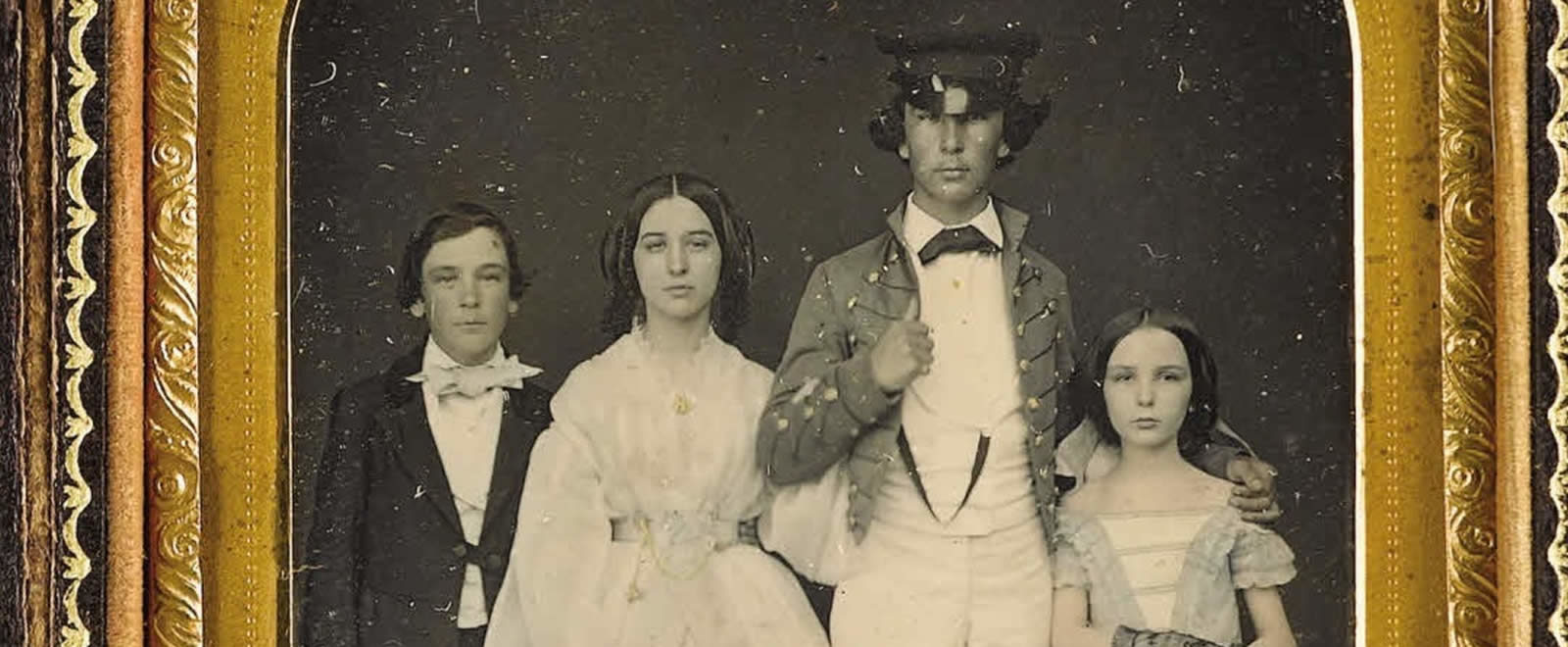WHEN WORKING ON YOUR ESTATE PLAN, DON’T FORGET SOME OF YOUR MOST VALUABLE ASSETS – WISDOM, BELIEFS, VALUES
By Laura A. Roser
“When an old man dies, a library burns to the ground.”
– African proverb
Have you ever had the who-gets-what conversation with your children? In my family, it comes up when my mother says something like, “You’ll have to fight over my Aunt Clara’s diamond pendant.” Or when my brother preemptively stakes his claim by declaring, “When Mom and Dad die, I get the grandfather clock!”
LEGACY
Effectively Capturing a Legacy
Don’t fall into the trap of trying to create a detailed accounting of your entire life. For an effective legacy, cherry pick what’s most important and highlight it. The following are some guidelines for creating legacy pieces that will make an impact:
►Identify your purpose: If you’re creating a book, define who it’s for, why you’re doing it and what kind of reaction you’re hoping to get. For example, if your purpose is to share wisdom you learned from your parents, keep the book focused only on that theme.
►Start with a model: Find examples of books, videos or blog posts that represent the kind of pieces you’d like to create and model what you like.
►Make a plan: Outline the book, create a storyboard for the video, schedule the interviews, or write due dates in your calendar. Just make sure you have a plan to complete the project.
►Start small: If you’ve never done anything like this before, don’t start with a 300-page memoir. Try writing a page. Small projects are easier to manage and, usually, more enticing to your family. (Reading a short story about what you learned on your first job is much less daunting than reading a large manuscript.)
It’s a little morbid, but as time ticks by and the wrinkles come, we are all reminded of our mortality. Unfortunately, many people believe that the only things they have to pass on are their physical items. Because estate planning is so wrapped up in transferring financial wealth, it becomes the focus. Once your financial team hands you your estate plan, you think you’ve got all your bases covered: You’ve got life insurance, a trust to avoid probate, an appointed executor and so on.
But what about your wisdom, beliefs, values, important family traditions and stories? What about passing on crucial knowledge about your business, money management or other skills? Don’t let your possessions become the only representations of your life. Take steps to capture your essence as a person. Your children and grandchildren will thank you.
In fact, I hear it all the time. People tell me things like, “Thank goodness my mother took the time to write a journal.” Or, “I’m so glad I had the presence of mind to record my father’s stories before he passed away.”
These bits and pieces of someone’s life become an anchor for those left behind. They represent a great heritage and offer guidance and wisdom to help beneficiaries navigate their own lives.
If you’re like 99 percent of the population, you have a terrible memory. I doubt you remember what you ate for breakfast three Wednesdays ago or what you were doing on July 9 when you were 6 years old. This is why it’s crucial to archive your most-important memories, principles and wisdom and package it up in a tangible form that your family can relate to. Otherwise, that heart-to-heart conversation with your granddaughter will soon be forgotten.
Some examples of legacy pieces include biographies, memoirs, specialty books, letters, videos, blog posts, audio files and artwork. The significance of these items is emphasized by how artfully you capture your essence and craft it into something that is meaningful and exciting for your family to discover.
There’s a reason great literature, masterful artwork and thought-provoking film are so valued. It’s that artistic component that helps an audience interpret events and connect with emotions. Your legacy treasures should be crafted with the same care. You’ll want to include these key legacy pieces as a part of your estate plan and determine how they will be passed on, archived and preserved over time.
Your heirs, no doubt, will thank you.
 LAURA A. ROSER is author of Your Meaning Legacy: How to Cultivate & Pass on Non-Financial Assets and founder and CEO of Paragon Road (Paragonroad.com), a leading authority in meaning legacy planning (passing on non-financial assets, such as values, wisdom and beliefs). This story appears in the Fall 2018 edition of The Intelligent Collector magazine. Click here to subscribe to the print edition.
LAURA A. ROSER is author of Your Meaning Legacy: How to Cultivate & Pass on Non-Financial Assets and founder and CEO of Paragon Road (Paragonroad.com), a leading authority in meaning legacy planning (passing on non-financial assets, such as values, wisdom and beliefs). This story appears in the Fall 2018 edition of The Intelligent Collector magazine. Click here to subscribe to the print edition.

